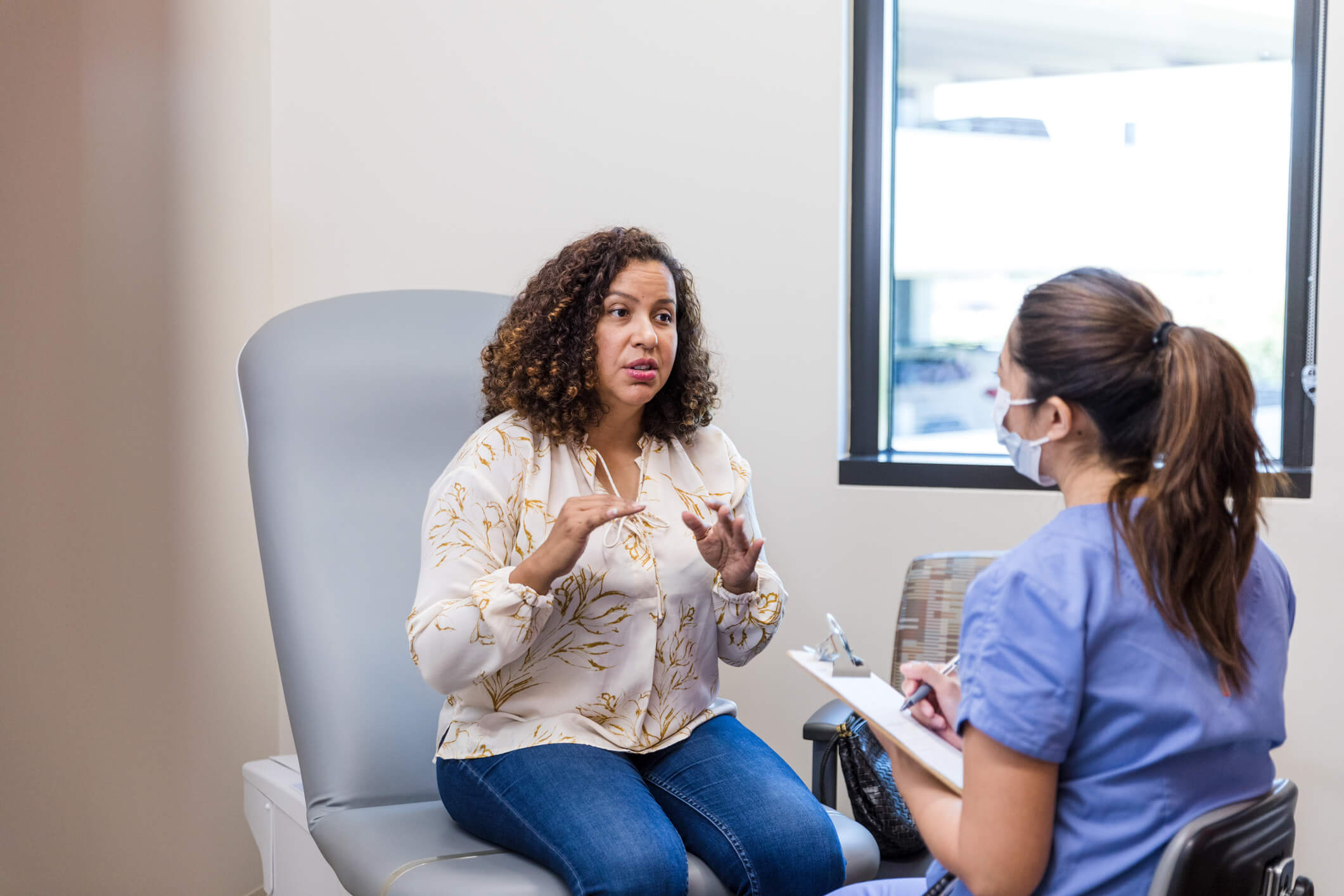
Cancer is usually a word that is thought of negatively. Some facts or opinions about cancer that may have existed decades ago may still linger today even though doctors and researchers have moved the needle to more promising treatments. Our cancer experts have heard some myths over the years; here are three myths and the truths about those statements.
Having cancer is a death sentence.
With newer and more effective treatments, this statement doesn’t hold up like it did in the past.
Truth
With cancer screening and prevention, specialists have been able to catch cancer earlier. And with research and newer treatments, oncologists can provide therapies that target the disease more accurately to preserve the quality of life for millions of cancer patients.
If your family member has cancer, you are destined to have cancer.
Only up to 10% of all cancer cases are hereditary, so this is a myth.
Truth
Knowing your family health history is important so you can converse with your physician to understand your health better. If you know which cancers affected your family members and the age they were diagnosed, your physician can assess your risk of developing certain cancers. They can also recommend what cancer screenings you should have and when you should start scheduling them based on your family health history.
Some people may also benefit from genetic counseling and testing. Karmanos Cancer Institute’s Cancer Genetic Counseling Service is offered to patients throughout the Karmanos Cancer Network, part of McLaren Health Care. Genetic testing and counseling is also available to Karmanos patients in Ohio at the Karmanos Cancer Institute at The Toledo Clinic Cancer Center.
You may visit karmanos.org/genetics for more information or contact the Karmanos location near you.
If no one in my family has had cancer, I don’t have to worry about it.
Since most cancer cases are not hereditary, this is false.
Truth
Around 90% to 95% of cancers are caused by genetic mutations. Genetic changes in our bodies can occur over time. These changes may be due to aging, exposure to environmental factors, and our health habits in general, such as diet and lack of physical activity. About 38% of people will be diagnosed with cancer at some point.
Should you have more questions about cancer due to something you heard or have just wondered, your physician is a great person to ask. You may also ask your questions to Karmanos and McLaren specialists at the 13th Annual All Cancer Symposium on Saturday, Sept. 9, 2023. This year’s theme is “The Cancer Patient’s Journey: What You Need to Know.” Experts and cancer survivors will happily answer your questions in person or virtually. They will discuss the role of imaging technology, genetic testing, and clinical trials in cancer management, among other topics. There will also be panels of experts and survivors who will outline the cancer patient’s journey from start to finish and discuss how patients and caregivers can optimize their cancer care experience. The symposium is free, but you must register at karmanos.org/cancersymposium.
Karmanos Locations
Find a Karmanos Cancer Institute near you.
Click here